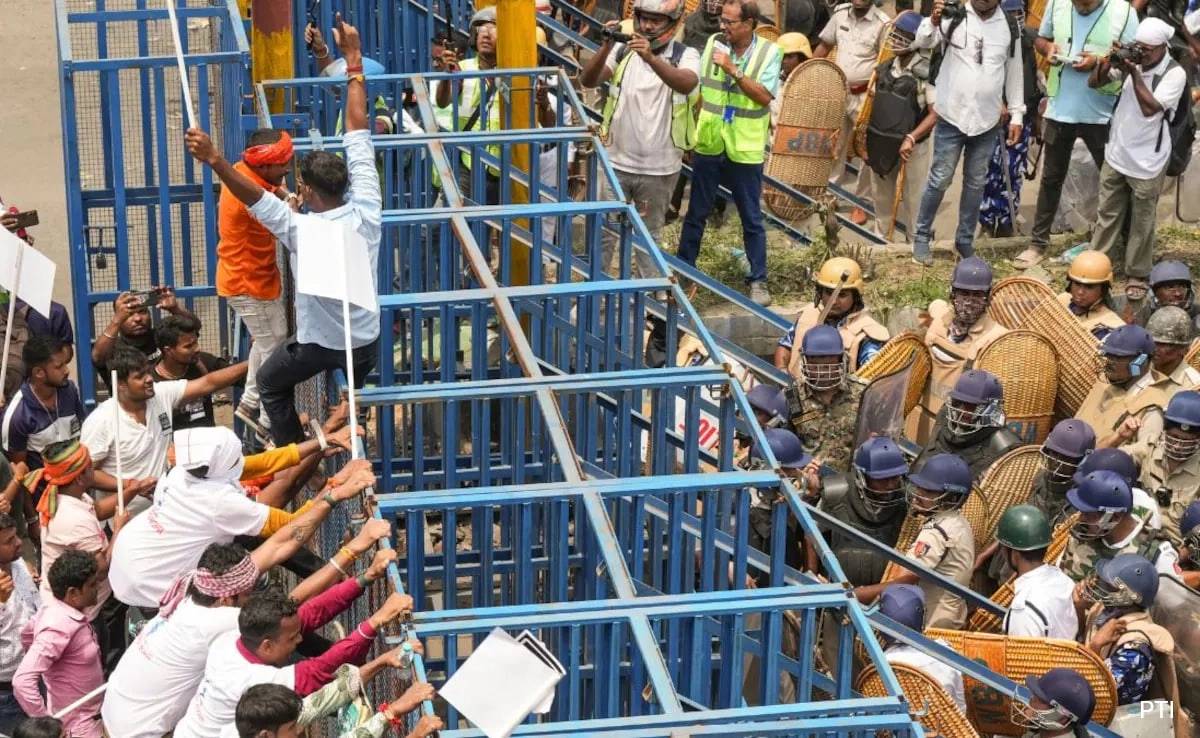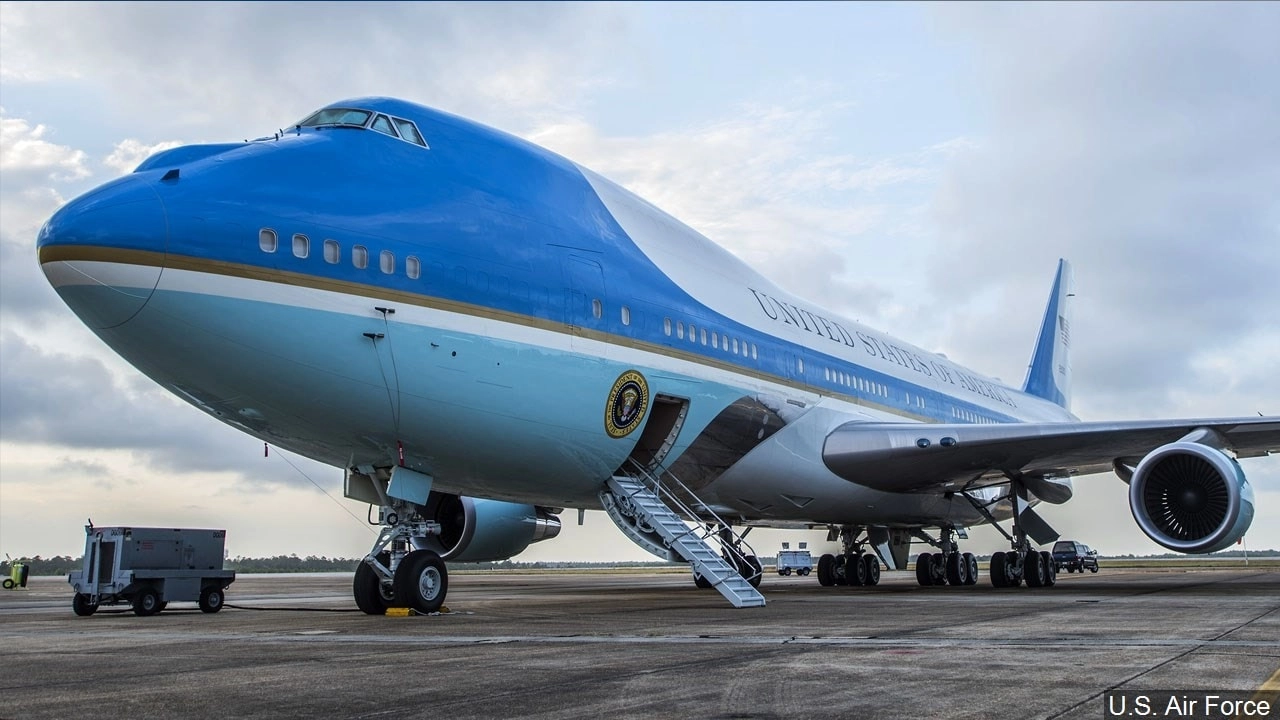In a significant development regarding one of the most notorious terror attacks in Indian history, reports have emerged that Tahawwur Rana, the alleged mastermind behind the 26/11 Mumbai attacks, is en route to India. Rana, a Canadian national of Pakistani origin, has been a pivotal figure in the investigation of the attacks that claimed the lives of over 160 people in Mumbai in November 2008. His extradition to India comes after years of legal battles and international negotiations, highlighting the complexities of addressing terrorism on a global scale.
The 26/11 attacks were a coordinated series of gunfire and bombings that targeted multiple locations across Mumbai, including luxury hotels, a railway station, and a Jewish community center. This brazen act of terrorism not only shocked India but also drew global condemnation and raised questions about national security and the effectiveness of counter-terrorism measures. Rana’s role in facilitating the attacks, allegedly providing logistical support to the attackers, has made him a key figure in the ongoing efforts to hold accountable those responsible for this heinous act.
As Rana approaches Indian soil, the implications of his arrival are significant. Indian authorities have been preparing for his interrogation, which is expected to yield vital information regarding the operational aspects of the attacks and possibly lead to further insights into the networks that support terrorism in the region. The Indian government has expressed its determination to bring all perpetrators of the 26/11 attacks to justice, and Rana’s extradition is seen as a crucial step in this ongoing pursuit.
Moreover, this development underscores the importance of international cooperation in combating terrorism. The extradition process often involves intricate legal frameworks and diplomatic negotiations, especially when dealing with individuals accused of serious crimes across borders. Rana’s case exemplifies the challenges nations face in addressing terror threats, balancing legal rights with the imperative of national security. As the situation unfolds, it is essential for the global community to remain vigilant and committed to dismantling the networks that enable such acts of violence.




